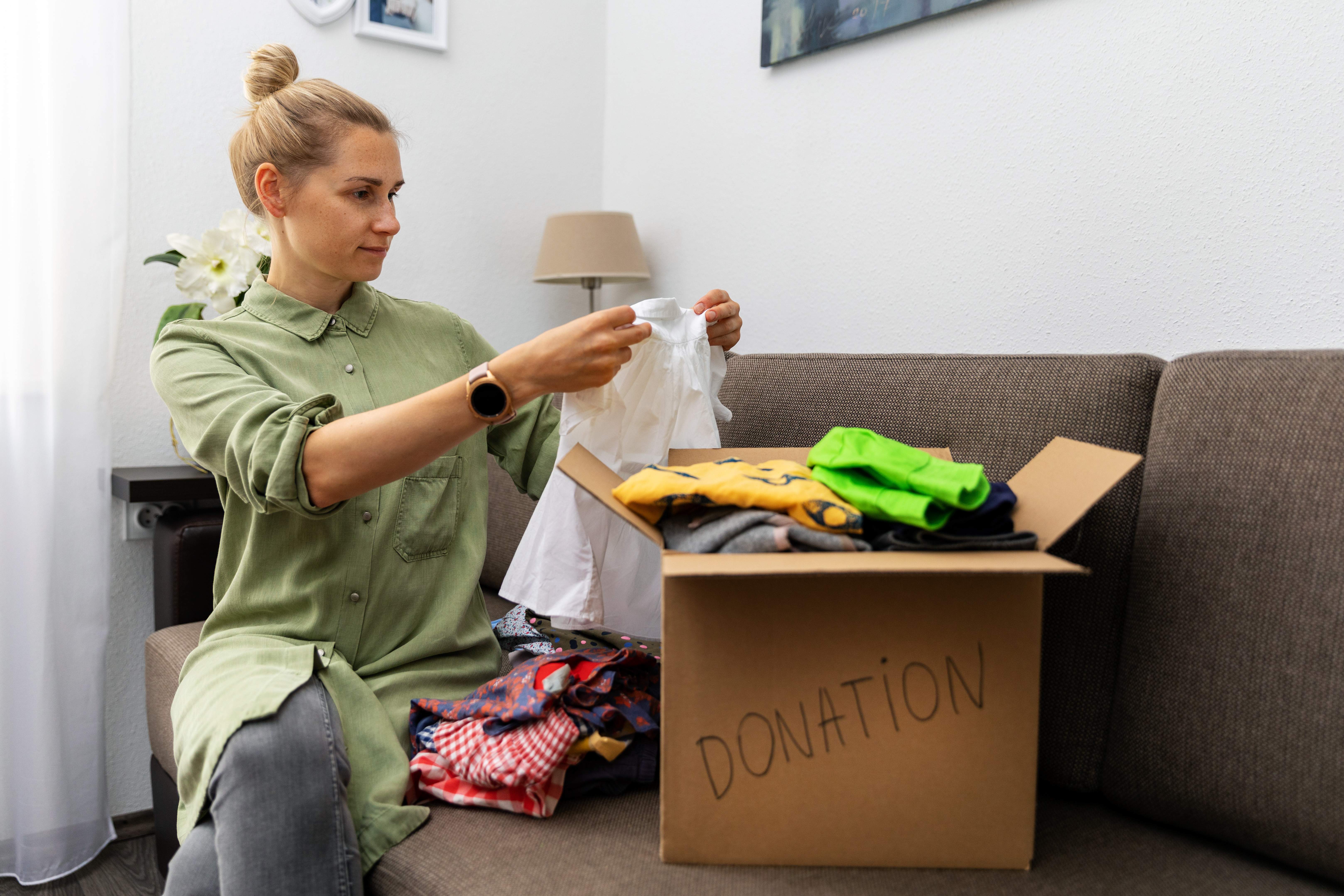Quick Strategies for Managing Your Stuff: Sort, Store, or Donate?

Managing clutter can feel overwhelming, but with the right approach, you can quickly decide what to keep, store, or give away. This guide offers practical strategies to help you make those decisions efficiently and create a more organized living space.
Understanding the Importance of Sorting
Sorting is the first critical step in managing your belongings. It involves going through your items and categorizing them based on their use, condition, and emotional value. By sorting effectively, you gain clarity on what you truly need and what can be let go. This process not only reduces clutter but also makes subsequent decisions about storage or donation easier and more purposeful.
When to Store Items
Storing is ideal for items that you use occasionally or want to keep for sentimental reasons but don’t need immediate access to. Consider investing in clear bins or labeled containers to keep stored items organized and easy to find when needed. Seasonal decorations, important documents, or heirlooms often fall into this category. Remember to assess storage space realistically so it doesn’t become an excuse for hoarding unnecessary things.
Deciding What to Donate
Donating is a generous way to give your unused or unwanted items a second life while helping others in need. Clothes that no longer fit, books you’ve finished reading, toys your children have outgrown — all can be excellent candidates for donation if they are in good condition. Make sure donations are clean and functional; many charities have guidelines about acceptable items which help ensure your contributions are useful.
Quick Decision Tips for Efficiency
To speed up the decision-making process during sorting: set a timer for each category (keep/store/donate), ask yourself simple questions like ‘Have I used this in the last year?’ or ‘Does this item add value to my life?’ Also consider creating three boxes labeled accordingly as you sort through belongings — this visual aid keeps decisions clear and actions organized.
Maintaining an Organized Space Long-Term
Once you’ve sorted, stored appropriately, and donated unwanted items, maintaining order becomes easier if you develop habits such as regular decluttering sessions and mindful purchasing practices. Keeping only what serves a purpose helps prevent future clutter buildup. Additionally, revisiting your stored items periodically ensures they remain relevant and useful rather than forgotten stockpiles.
By following these quick strategies—sorting thoughtfully, storing wisely, and donating generously—you can take control of your space without stress. Remember that making these decisions doesn’t have to be time-consuming; with practice these choices become second nature leading to a tidier home and peace of mind.
This text was generated using a large language model, and select text has been reviewed and moderated for purposes such as readability.


